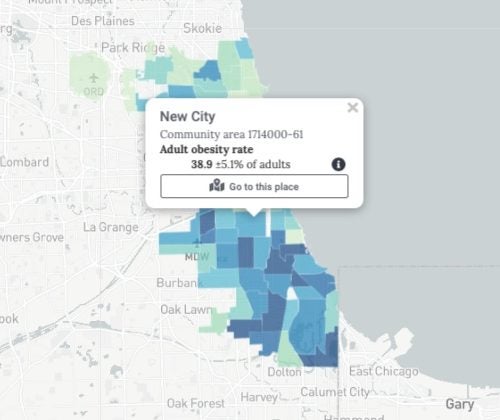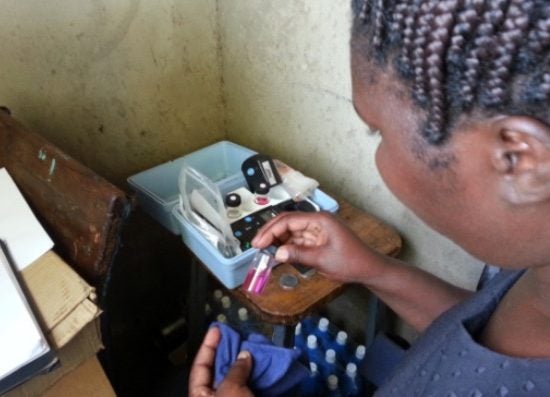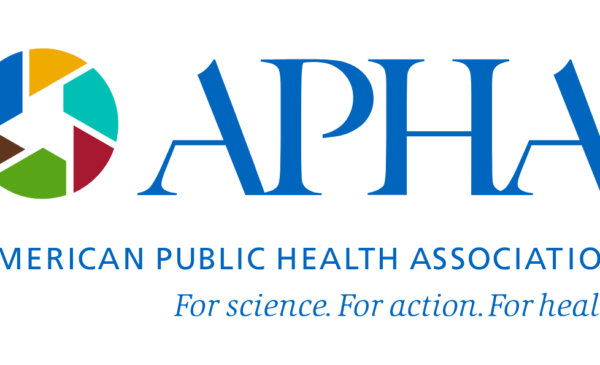The MPH concentration in epidemiology provides students with a broad base of public health knowledge concentrating on epidemiology. The MPH degree prepares the graduate to provide epidemiology services within multidisciplinary public health environments. For those with previous clinical experience, this degree is often a route to higher administrative positions within public health and health care settings.
Areas of study students have focused on are infectious disease, chronic disease, cancer epidemiology, environmental & occupational epidemiology, nutrition, social determinants, and many more. Enrollment can be on a full- or part-time basis.
The division of Epidemiology and Biostatistics, in collaboration with the division of Community Health Sciences, also offers the MPH in Maternal and Child Health Epidemiology.
Program contact
Next info sessions
Epidemiology in action at UIC





Global health opportunities
SPH faculty, staff and students are collaborating to advance public health in 65 nations across the world. MPH students develop global health skills through SPH’s global health concentration and global applied practice experiences. In particular, SPH’s Program in Kenya provides diverse opportunities for epidemiology students, with a long history of community-based efforts to reduce HIV risks and other sexually-transmitted infections.
Faculty research highlights
Pesticide exposure & cardiovascular risks

A study led by Maria Argos, PhD, associate professor of epidemiology, found about five to nine percent of employed Latinos reported exposure to solvents, metals or pesticides in the workplace, and Latinos who are exposed to pesticides in their workplaces are twice as likely to have cardiovascular disease compared with Latinos who are not exposed.
Apps for HIV prevention

Mark Dworkin, MD, professor of epidemiology, is leading a National Institutes of Health study examining the use of an app to improve adherence to antiretroviral medications among HIV-positive gay Black men, who generally have the lowest levels of retention in care and are less likely to achieve viral suppression.
Sexual & reproductive health

Bacterial vaginosis is the most common vaginal condition in women across the globe ages 15-44, increasing risk for contracting sexually-transmitted infections and birth complications. Research from Supriya Mehta, PhD, interim associate dean for global health, suggests male treatments could be key to stemming infections.
Environmental exposures in food

Sport fish in the Great Lakes may contain high levels of perfluoroalkyl substances and mercury, which persist in the environment. Mary Turyk, PhD, is studying how these pollutants can cause endocrine disruption of steroid hormones, thyroid hormones and glucose regulatory systems in the human body and how exposure recommendations should be adjusted.


